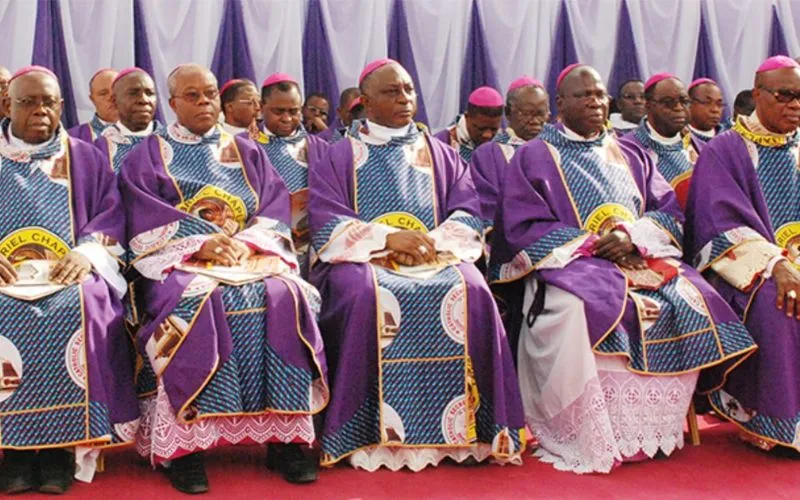“We, the Catholic Bishops of Nigeria, as watchmen and guides, deeply committed to the sound moral, religious, and cultural growth of our dear country, hereby clearly highlight what the Samoa Document portends for the future of Nigeria and Nigerians and call on our government to, as a matter of urgency, propose an amendment of the Agreement or withdraw from it,” CBCN members say.
The signing of the Samoa Agreement by the state parties makes it final. It will then defer to the domestic processes of each country. In international law, when the state signs a Treaty, it indicates its intention to be bound by it in the future, and it demonstrates its support for the principles and goals of the Treaty and its willingness to consider ratifying it in the future.
In their statement, Nigeria’s Catholic Bishops say that there was “secrecy” surrounding the signing of the Samoa Agreement by Africa’s most populous nation, noting that it is unclear whether the signature was tendered subject to ratification, acceptance, or approval.
The signing of the Samoa Agreement, the Catholic Church leaders say, makes Nigeria surrender its position as a persistent objector to the impugned language during negotiations in several international fora.
“Most of Africa has always counted on the leadership of Nigeria to contest anti-life, anti-family, anti-culture and anti-African values at the United Nations,” they say, and recalls, “The decision not to sign the Samoa Agreement in November 2023 was consistent with Nigeria’s persistent objection to those issues.”
They continue, “Its signing has weakened the persistency and consistency of the objection that Nigeria has always had.”
The CBCN members note that by signing the Agreement, Nigeria has committed to complying with what they describe as “the impugned and contentious provisions” of the Samoa Agreement. “Nigeria cannot roll back on contentious provisions without breaching the Agreement,” they warn.
The Samoa Agreement essentially gives international law status to Sexual Orientation and Gender Identity, Comprehensive Sexuality Education, and Abortion through its prolific reference to Gender approaches and the phrase “Sexual and Reproductive Health and Rights”.
The Treaty does not have a glossary of terms or a definitions section to ensure that all parties have the same understanding of terms, which Nigeria’s Catholic Bishops say, may pose a problem in its implementation and evaluation phases.
The Agreement has 61 references to gender equality, gender perspectives and gender mainstreaming. The most outstanding is Article 2.5, which states that parties to the agreement shall systematically promote a gender perspective and ensure that gender equality is mainstreamed across all policies.








